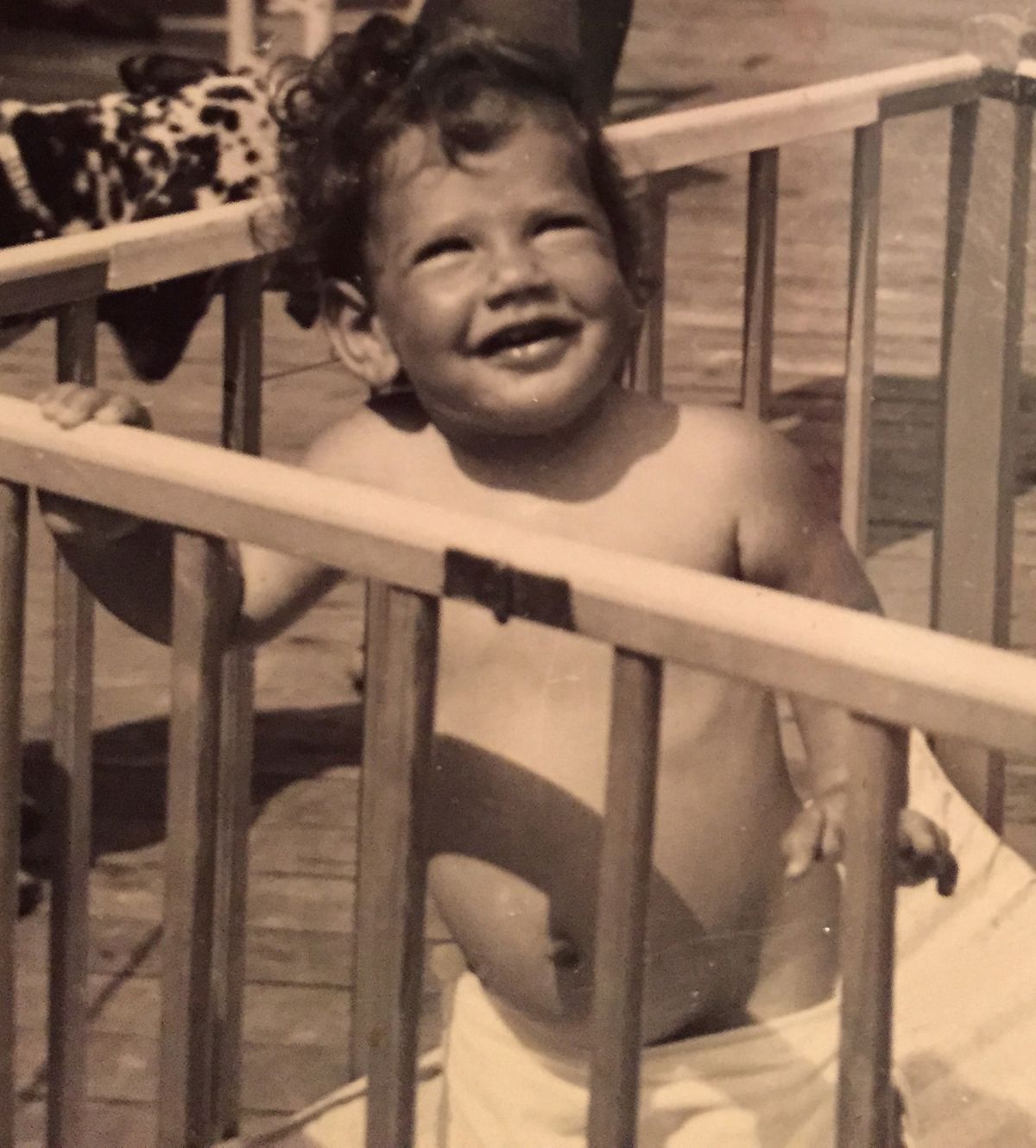I study my face in the mirror. The asymmetry getting more pronounced around the mouth, little cracks fanning from the outer corners of my eyes; I can no longer pass for a young woman. You not would look at me and use the "o" word: Those of us who lose our parents later in life know we’re not orphans in the narrow sense; not waifs at the mercy of fate and chance. The culture has little sympathy. There’s a reason Dickens’ fame wasn't built on 50-year orphans with Nespresso machines on their counters.
Still, even if the culture expects that I man up and get on with it, an insistent undertow exerts its hollowing force. The day my mother died, I was no longer anyone’s child. The barrier that had stood between me and the grave collapsed. The iron truth that one can die in grief and pain regardless of how fortunate she'd been in life told me everything about the limits of personal agency, of human control.
